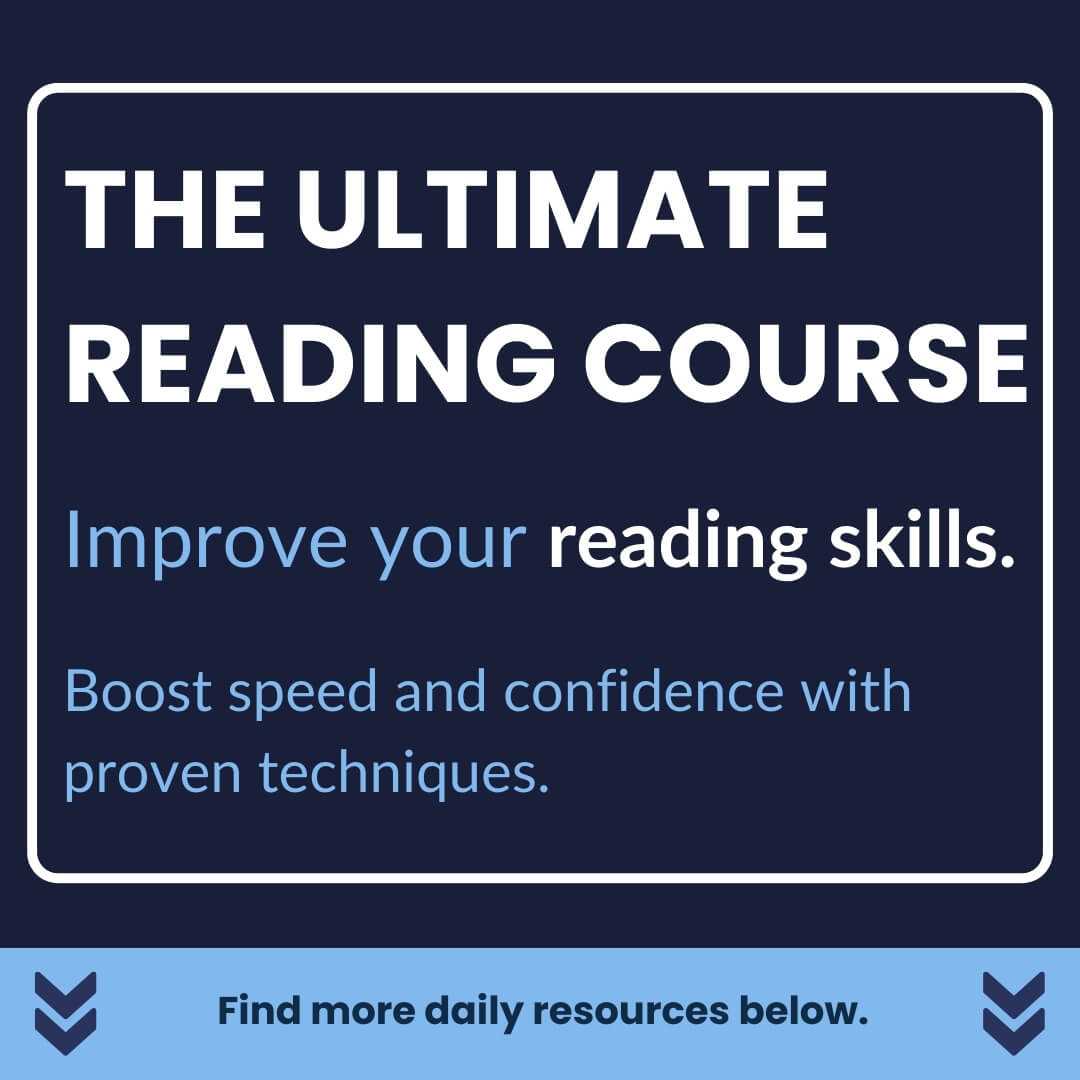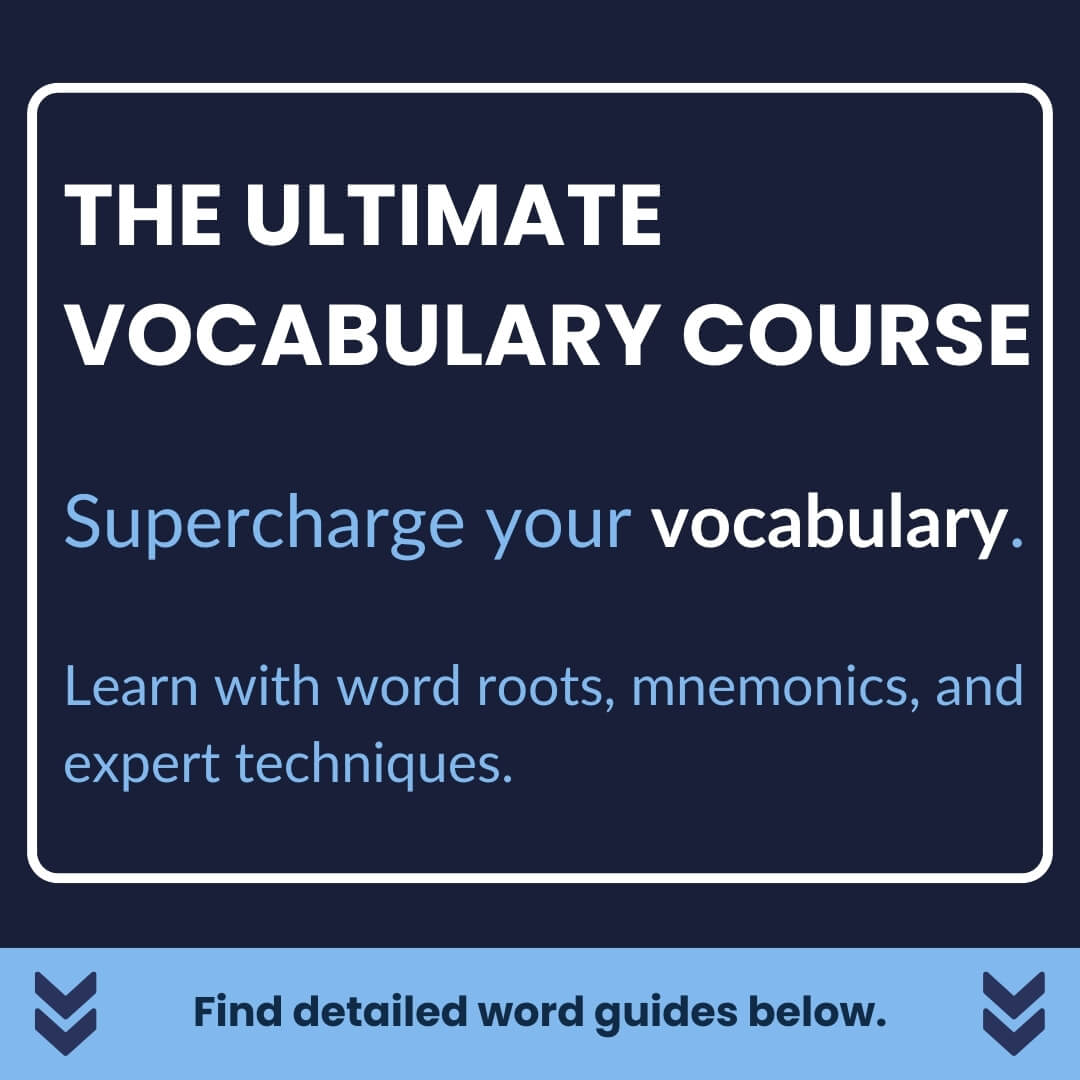Reading Suggestion-1
Article Name:Shadow work and the Rise of Middle-Class Serfdom
Author Name:Brett and Kate McKay
Source: Art of Manliness
Category:Life Style
Summary for this article :
This article revolves around the routine of an everyday life of a Middle-class American. Though the article talks about the busyness an American is immersed in, the article presents a mirror to every person who seems to find no time to do things that they really love.
The author starts the article by giving a daily routine of an Average American, making the readers realise where their twenty four hours are really being invested into and what is really making them busy?
He then tells the readers that most of our time goes about in doing all the shadow works like paying bills, driving our own cars to work, grocery shopping , online shopping, flight booking etc. True, that these are the tasks that give us full autonomy, yet the author says that if these aren’t minimised it would result in an individual being drained and exhausted at the end of every day without really enjoying and getting to enjoy the things that he/she really loves. Willpower is a man’s most powerful and precious resource and it should be used and guarded closely and wisely.
Words to learn from this article :
Coterie: A very close association of people that have common interests
Serf: Slave; a person belonging to a lower social class (belonging to the medieval times)and was forced to work on a land owned by another person
Connotations: An additional meaning or expression of a word I addition to its primary or main meaning
Expend: To spend
Strenuous: Involving a lot of effort or energy
Ostensibly: Apparently
Reading Suggestion-1: Click to read full article
Reading Suggestion-2
Article Name: Had a good think lately?
Author name: Andre Spicer
Source: Aeon
Category: Philosophy
Summary for this article :
Wedefinitely live in a time where we have become slaves to the gadgets rather than these digital tools becoming our slaves. Distractions seem pouring in more often and we seem to always find ourselves multitasking. What impact has all these things left on us? Do we really have the time to stop, sit down and just think? Or rather busyness has just become an exaggerated norm of our times?
In this article the writer talks about pop-up philosophy. She gives an account of her experiment o pop-up philosophy; of how she had been traveling around London for some period of time to see how the general public reacted to her experiment.
Her experiment involved taking two folding deck chairs and a white board in which she had written “Stop, sit down and just think”. Sadly, to her disappointment only few tourists gave her the time to be involved in this experiment, the others either ignoring or mocking at her – by laughing and clicking pictures.
The author goes on to say how the Universities rather than being the engines of knowledge have become the hothouses of organised idiocy. She then goes on to explain the “whys” to justify her reasoning. The author then continues to say how we have become restless and slaves to the digital devices today. We seem to have lost full attention and focus into something and are continuously finding ourselves immerged in the smartphones.
All that the author was trying to do with her pop-up philosophy experiment was to invite the public to stop by and give some time to deep and meaningful contemplation but sadly she seemed to have been left disappointed.
Words to learn from this article:
Proselytisers: To persuade someone to join someone in something or try something
Cacophonous: An unpleasant sound
Respite: A short period of break to relax oneself from an unpleasant or a difficult task
Heckler: A heckler is a person who interrupts or abuses someone by using abusive words and mocking at them
Buoyed: To cheer or boost someone’s spirit
Reading Suggestion-2: Click to read full article
Reading Suggestion-3
Article Name: Scents and sensibility
Author name:Katherine Whitcroft
Source: Aeon
Category: Science
Summary for this article :
What was your earliest childhood olfactory memory? If this question is surprising you, then read this article to understand the reason for me to ask this.
In this beautiful piece of writing the writer says that our sense of smell gives flavour to food, emotion to memories and connects us to each other. By giving evidences in the form of various studies by researchers, search by artists and the author herself, the author delights her readers by giving a detailed account of the Proustian effect – the unique ability of smell to unlockpreviously forgotten, but vivid, emotional memories from our past.
She says that the hippocampus, a bilateral structure that sits in our brains appears to involve the association between smell and first-formed memories. The author also explains the role of the olfactory nerves and how they are important for emotional learning and memory.
Read this article to understand how the sense of smell can help unlock an otherwise forgotten memory and how this entire mechanism works
Words to learn from this article :
Madeleine: A small rich sponge cake made of flour, eggs, sugar and butter and baked in a mould
Resection: The surgical removal of all or a part of an organ, tissue or a structure
Epilepsy: A chronic disorder causing a disturbance in the nerve cell activity f the brain resulting in seizures
Umami: A pleasant savoury taste imparted by glutamates, especially monosodium glutamate.
Olfactory: Relating to the sense of smell














Hey,
I am a frequent user and I love the articles shared. Lately, the articles are not listed daily. I wanted to let you guys, know that the article selection is amazing and it has helped me a lot.
Please let the articles coming.